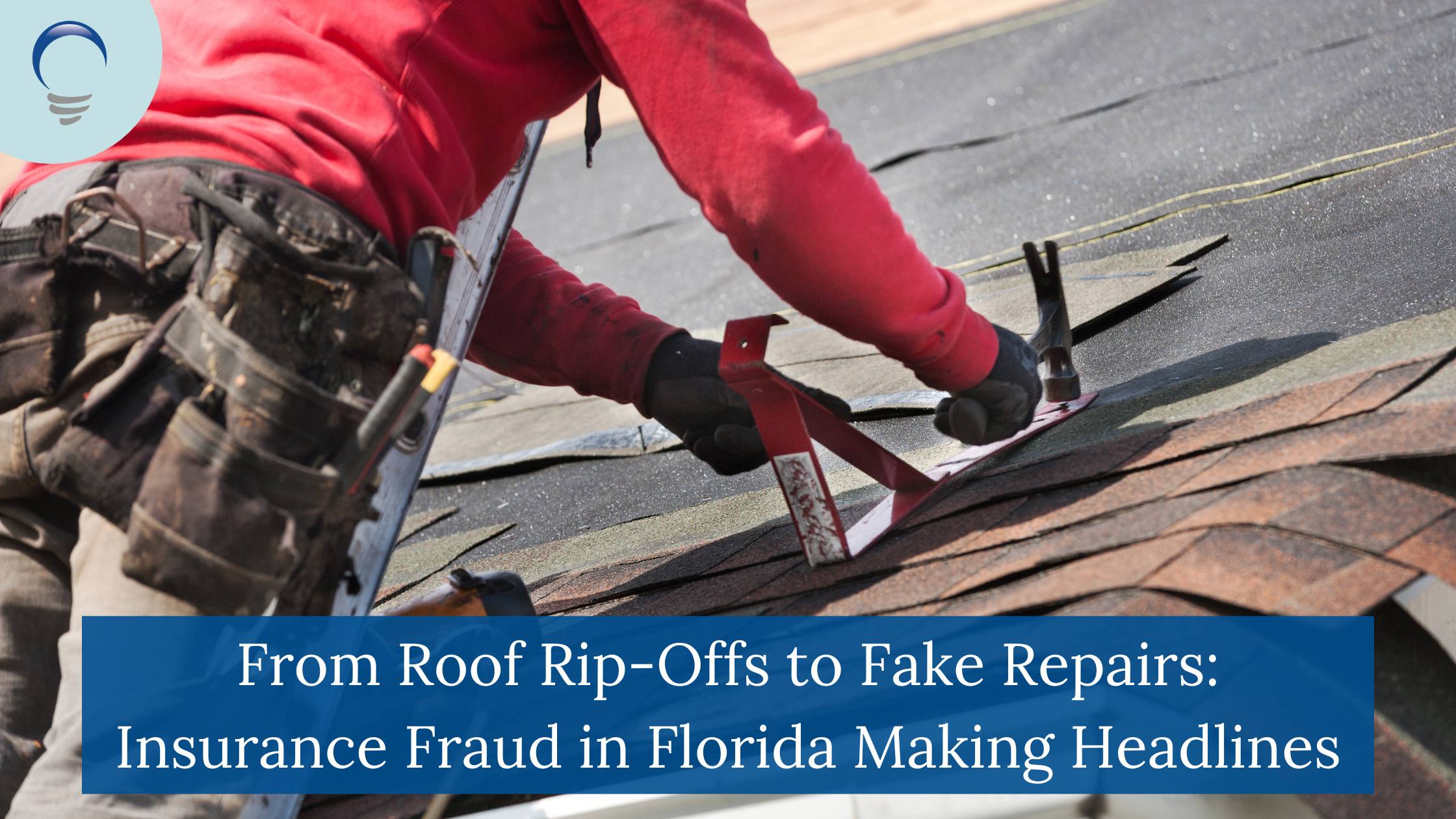.png)
The 2021 Atlantic hurricane season is predicted to be more active than usual, according to The Weather Channel.
This year's outlook calls for:
- 18 Named Storms
- 8 Hurricanes
- 3 Major Hurricanes
Increased activity can be attributed to factors such as Atlantic Ocean sea-surface temperatures, La Niña, and intelligence derived from modeling software used for guidance in past hurricane seasons exhibiting similar atmospheric conditions.
For hundreds of years, hurricanes in the West Indies were named after the Feast Saint's Day on which the hurricane occurred. Clement Wragge, an Australian meteorologist, began giving women's names to tropical storms before the end of the 19th century. In 1953, the United States abandoned a confusing two-year-old plan to name storms by a phonetic alphabet (Able, Baker, Charlie) when a new, international phonetic alphabet was introduced and began using female names for storms. In 1979, male and female names were included in listings for the Atlantic and Gulf of Mexico storms.
The World Meteorological Organization controls the naming of tropical storms. In the event more than 21 named tropical cyclones occur in a season, a supplemental list of names is used.
In the past, additional storms were given names from the Greek alphabet such as Alpha, Beta, Gamma, Delta, and so on. However, this system led to much confusion in the record-breaking Atlantic storm season of 2020. When multiple storms with similar-sounding names (Zeta, Eta, and Theta) were concurrently active in the Atlantic, the general public found it difficult to track storms in their path. In March 2021, the World Meteorological Organization Hurricane Committee made the decision to stop using the Greek alphabet and developed a replacement list.
Experience has shown, the use of short distinctive names in both written and spoken communications is less subject to error, than the former latitude-longitude identification methods. The use of names has significantly reduced confusion when two or more tropical storms are active at the same time.
In the Atlantic Ocean, tropical storms reaching sustained wind speeds of 39 miles per hour are given a name, such as "Tropical Storm Fran." If the storm reaches a sustained wind speed of 74 miles per hour, it is called a hurricane - such as "Hurricane Fran." Hurricanes are not given names, tropical storms are given names, and they retain their name if they strengthen into a hurricane.
Every year, a list of 21 names, each beginning with a different letter of the alphabet, is developed and arranged in alphabetical order, (names beginning with the letters Q, U, X, Y, and Z are not used). Atlantic hurricane names are based on six individual lists which are reused every six years.
The only change made to Atlantic storm names is the occasional retirement of a name. This occurs when a hurricane causes so much death and devastation, the same name would be insensitive to those who suffered losses in the storm's wake.
Tropical storms also occur in the Pacific Ocean, and meteorologists assigned to track these particular storms have developed their own naming systems for Pacific base storms. Separate naming systems are maintained for both Eastern North Pacific Storms and Central North Pacific Storms.
Fun Fact: Did you know hurricane names often influence the names of the babies born in the same year? Research shows parents often gravitate toward names beginning with the same letter of a major storm. For example in 2005 9% of children were given a name beginning with a "K" after Hurricane Katrina made landfall. According to Jonah Berger, an expert on how behaviors catch on, "The more you hear a sound, the more you like it."
Tracking the different storms is important for the safety and wellbeing of all of us. Should you need to place a claim, knowing the name of the storm which damaged your home may be important. Your homeowners coverage is triggered and covers damage to your home based on the type of storm. When a storm is too close to the state and watches and warnings are issued by NOAA, you are no longer able to make any changes to your policy. It is important to review your policy prior to the start of hurricane season on June 1st and make any necessary changes to insure proper coverage. Call your agent to assist you with this review and processing any necessary changes.
Need an expert’s opinion?
We work with thousands of agents located in a neighborhood near you. To discuss your insurance needs, contact one of our agent representatives.
Click here view our Contact page

Protect your home and condo


Keep your family safe with these brilliant coverage options
Edison sheds light on important insurance topics.
Our Blogs contain useful tips, manuals, and checklists to keep your policy up-to-date, and your home and family safe.








